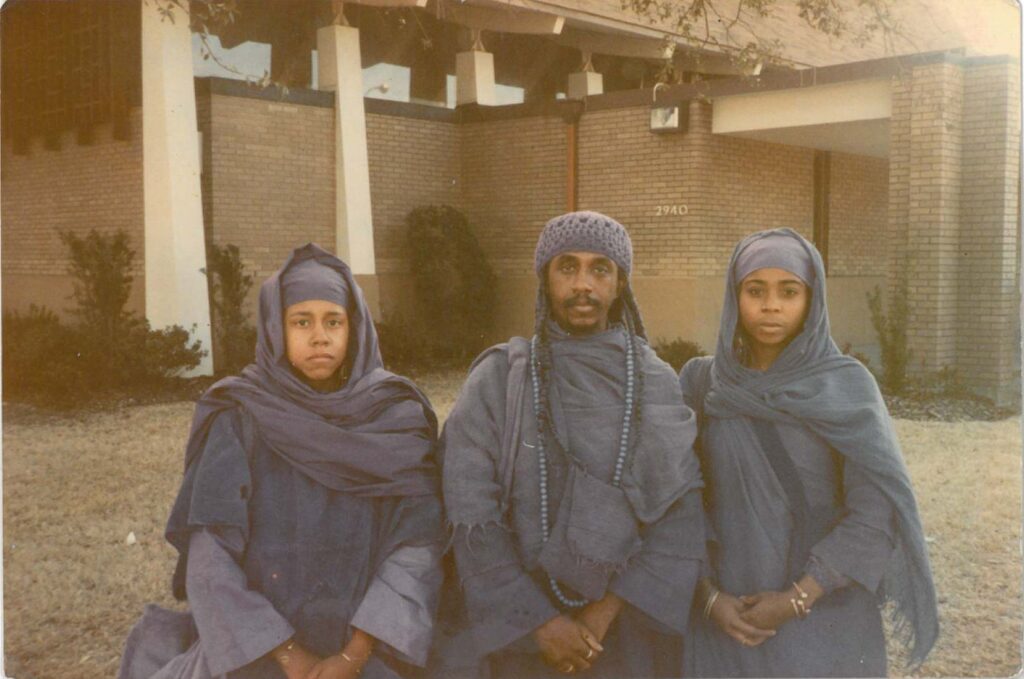An international organization fostering philosophy, culture, and volunteering as pathways to individual and collective development.
New Acropolis is a non-profit organization founded in 1957 by Jorge Ángel Livraga Rizzi in Argentina. It presents itself as a philosophy school, promoting cultural and volunteering activities aimed at personal and collective development. The organization has a presence in over 50 countries and engages in a variety of initiatives, including World Philosophy Day seminars supported by UNESCO and has received recognition for its educational efforts, such as the Congressional Diploma of Honor awarded by a Peruvian congresswoman.
The organization is structured hierarchically, with a pyramidal system that includes various levels of leadership and membership, including a unique elite group known as “hachados,” recognized for their merits and commitment to living modestly. The rules and regulations for members emphasize voluntary work, respect for leadership, and adherence to traditional values and appearances during official events.
Despite its focus on philosophy, culture, and volunteering, New Acropolis has faced criticism and controversy. It officially condemns Nazism, racism, and political extremism, yet it has been accused of supporting neo-fascism and neo-Nazism. Scholars have pointed out its structure, symbolism, and organization as being influenced by fascist models. The organization’s use of paramilitary language and symbols has led to criticism in Europe, particularly France, where it has been listed as a cult. However, the French government’s public cult blacklists were abandoned in 2005, though New Acropolis remains under surveillance.
In the United States, New Acropolis promotes an ideal of timeless values, focusing on the comparative study of philosophies, religions, sciences, and arts to foster knowledge and development. It aims to enrich the social environment and encourages action based on ethical principles rather than profit.
The organization’s activities are diverse, ranging from philosophical workshops to cultural and volunteering events worldwide. Examples include philosophical workshops in Taiwan, celebration of World Philosophy Day in Chicago, and various cultural and volunteering activities across the globe.




